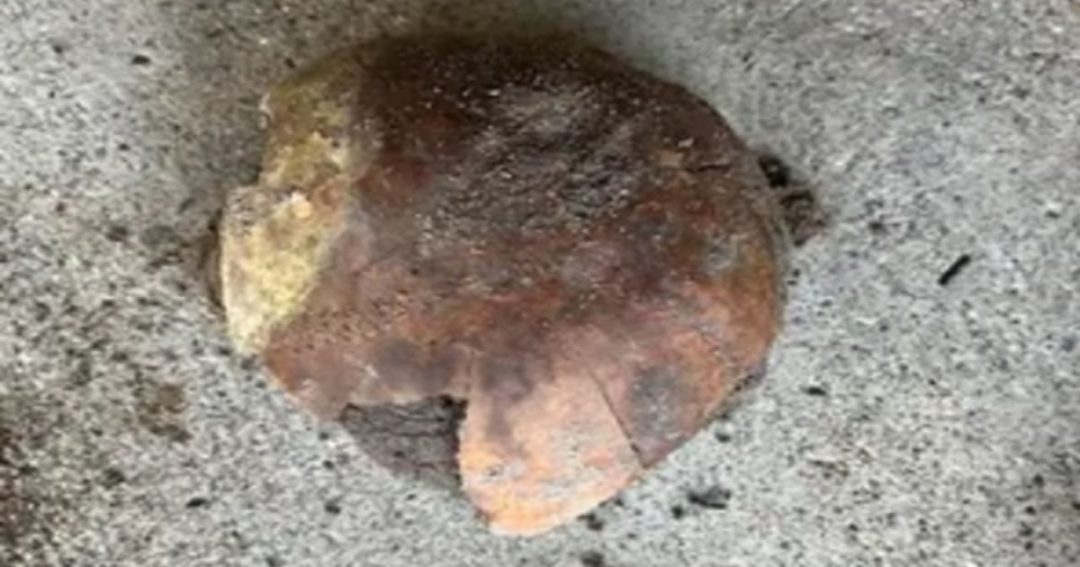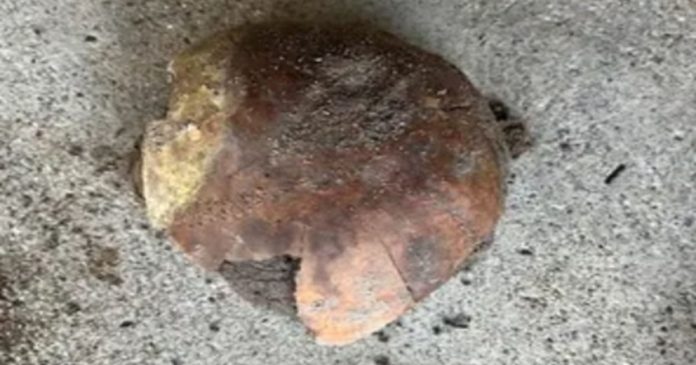A remarkable archaeological discovery has surfaced in Fayette County, Indiana. In June 2025, a local landowner walking along the Whitewater River spotted what appeared to be a bone fragment embedded in the riverbank. Upon notifying authorities, experts confirmed the find was part of a human skull dating back approximately 4,200 years, around 2300 BC.

Scientific Examination and Carbon Dating
The Fayette County Coroner’s Office partnered with the University of Indianapolis and the University of Georgia to analyze the find. Carbon-14 dating revealed its extraordinary antiquity, placing it among the oldest human remains ever recorded in Indiana. While researchers have not yet identified the individual’s sex or cultural background, the skull likely belonged to a prehistoric Native American inhabitant from the Late Archaic period.
Cultural Sensitivity and Legal Protocols
Coroner Eddie Richardson emphasized that the discovery carries deep cultural and ethical significance. Local authorities have been working closely with the Indiana Department of Natural Resources and tribal representatives to ensure proper handling, study, and potential reburial according to indigenous traditions. Richardson described the find as “a humbling reminder that human history on this land stretches back thousands of years.”
A Glimpse Into Ancient North America
The discovery offers valuable insight into early human activity in the Midwestern United States. Archaeologists note that the Whitewater River region may have served as a habitation or burial area for ancient communities that relied on the river’s fertile surroundings for sustenance. Further studies could reveal artifacts, tools, or settlement traces, helping researchers reconstruct early life in this part of North America.
If you like this story check out: Americas Old Copper Culture’s Trade Network Across the Atlantic

